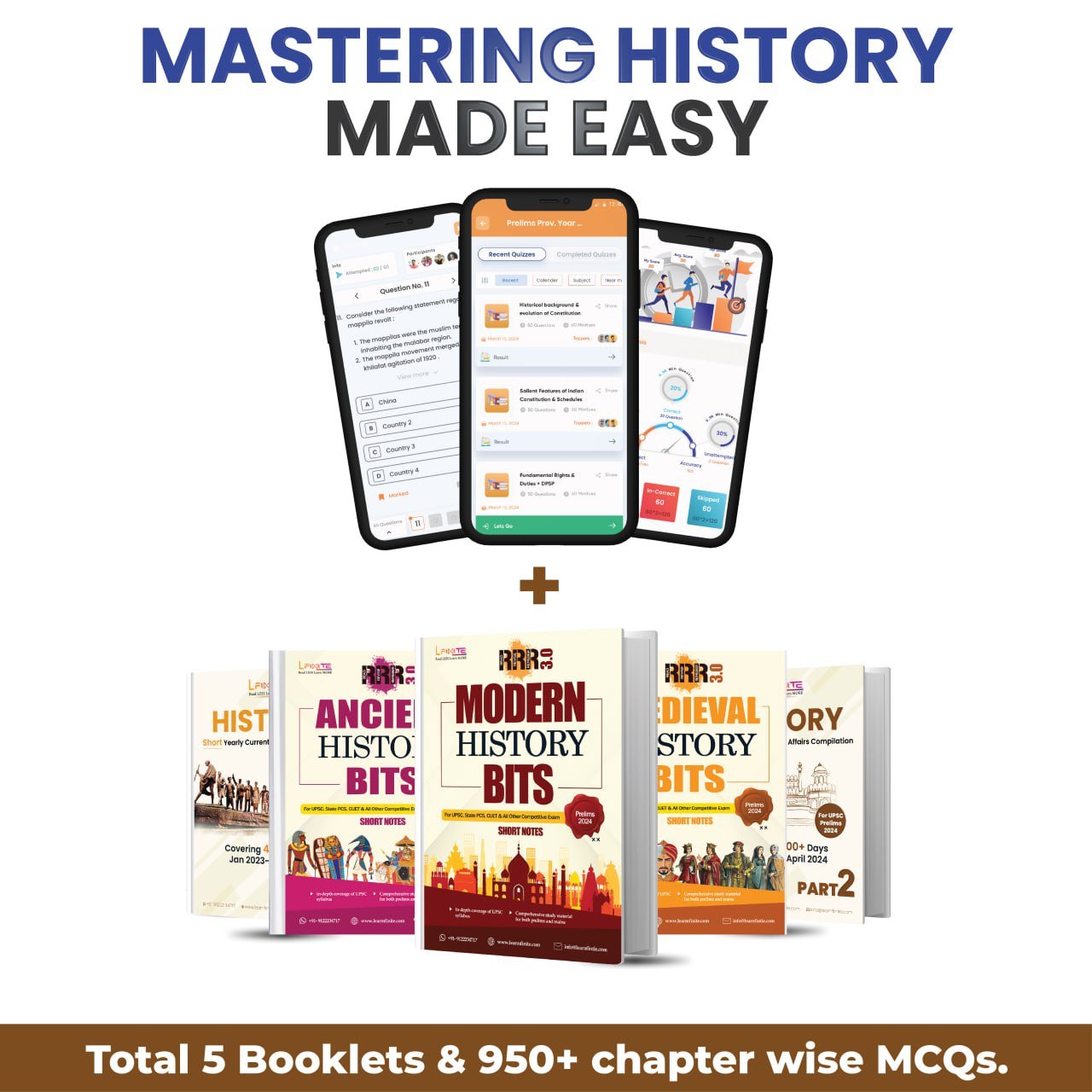Effective Revision Strategy for UPSC IAS Prelims 2020
Effective revision is very important in the last month before the exam to clear UPSC IAS Prelims. Without a proper revision strategy, one cannot be assured of clearing the Preliminary exam of civil services. The IAS exam preparation demands hard work along with a smart strategy that includes studying right content, practising right mock papers etc. In this article, we will discuss effective revision techniques and how to deal with the 11th hour pressure for aspirants who are going to appear in UPSC IAS Prelims 2020.
Conducted by the Union Public Service Commission every year, Civil Services Examination is deemed to be one of the toughest examinations, because of the number of aspirants that appear for the exam as well as the vast syllabus which can be overwhelming to even the most hard-working aspirants.
How to Revise??
Every year there is a cut-throat competition in the Civil Services Examination, so we are discussing two types of revision:
Comprehensive Revision
Skeleton fast paced Revision
Even if you are an UPSC aspirant or not, most of our student life we follow these two methods for our studying or revision before the exam.
Apart from these, one must go through some common static GK topics (which students often miss in their preparation), questions asked in previous years as well as Current Affairs!
You can watch revision classes on YouTube for all these topics to boost your preparation.
Let’s know a bit about these methods which are inculcated in all of us.
Comprehensive Revision
UPSC aspirants follow this method in the initial stages of the preparation when they do not have enough knowledge to feel confident about the subjects they are facing once again after school time.
When we have read a topic for the first time, or finished laxmikanth for example, we do not feel confident and it’s important to go through the same again to get a grip on the core matter of the subject.
In this manner we tend to come back to that topic after a long time which in turn doesn’t really help in the long run.
While making a comprehensive revision plan, proper intervals must be set for the future, so as you know exactly when to revise the topic before it gives your mind a slip again.
Follow the 3, 7, 14, 30-day rule. As you must be aware this method takes into account the capacity of our brain to retain information for a longer period. Write the topics you have to revise in a journal so you don’t forget what topic needs to be revised that day.
Keep at least 3 hours of your study schedule daily for this revision.
Make your own short notes for quicker revision before the exam.
Most importantly make one liner or one worded notes whenever you read the current affairs or even something that needs to be remembered in the long run.
Skeleton Fast Paced Revision
As fancy and technical this name skeleton revision sounds, we all are very aware of this technique. Every one of us has felt the unsurmountable energy in them the night before the exam. And that is what this technique is all about.
Here we focus on our brain’s ability to consume information at a much faster pace because of the adrenaline rush we have. But being patient and calm is equally important.
Here we try give our brain the needed information as efficiently as possible and for that it is highly important to read the content that you already have and the data which has a high probability of coming in your exam.
Frequent daily revision, use of mnemonics and short tricks to remember crucial information is the key to utilise this time in a better manner.
So, we see both the methods have their importance and are equally necessary for clearing a competitive exam like UPSC CSE. On a lighter note we should remember, temperament of preparation should be maintained at the utmost level without being distracted by anything during the preparation.
How to do revision for Prelims 2020?
Now less than 25 days are remaining for UPSC IAS Prelims 2020 exam, and this is the moment for most efficient utilisation of your limited resource-TIME.
Some tips:
Everyone has their own strategy towards the exam so that they don’t get confused among the multiple sources of a single topic, stick to the source you have studied for the whole year.
At this time the short notes and the one liners must be read again and again in between studying other subjects.
Try to study at the morning shift and afternoon shift time of the exam. Train your brain to be active, so it does not give up on the day when you need it the most just because your schedule wasn’t aligned with the paper schedule.
Attempt mock test papers to identify your weak areas, reading will not suffice unless you do not apply knowledge in the question paper.
All the notes and mocks tests should be revised. (yes, the mock tests need to be revised too, its highly important)
Go through the previous year questions once or twice again, last 3 years UPSC has been giving highly unpredictable question papers, get an idea of the mindset of the paper setter so you don’t feel the surprise in exam.
Last 1 year’s current affairs must be revised by heart. It is indispensable in the CSE preparation.
Also, practice CSAT from mock test papers and ensure that you will get at least 33% marks in it. More focus should be on the Reading Comprehension section.
Maintain a healthy diet, take proper sleep and put your phone on the side for 22 days.
Finally, the most important thing- Do not go inside the examination hall with a stressed mind. With all the hard work you have done, in the final moments just be calm and attempt the paper not with the thought of uncertainty but with conviction.
An Ex Civil service servant has given the advice “Attempt the exam without a thought of if you will clear or not, it’s mostly the common sense and calm head that will get your through”
How to attempt the actual Prelims paper on D-day?
Go through the question paper and spend 10 minutes in it and divide questions into 4 categories:
First, attempt those questions on which you are 100% sure.
Then attempt those questions where you are confused in 2 options.
After that try to attempt the questions in which you are 50% sure.
Lastly, go for those questions, in which you have no idea (don’t attempt by luck, you will be killed by the negative marking).
Attempt at least 80-90% questions so that you are still in the race for the cut-off.
Don’t fill bubbles along with attempting questions as you might want to change your options later in doubtful questions.
Fill all bubbles in the last 15-20 minutes of the exam
Some of the Tricks to Remember some important information for the prelims:
CCC FRENS– Core Industries in India
C – Coal, C – Crude oil, – Cement, F – Fertilizers, R – Refinery products, E – Electricity, N – Natural gas, S – Steel.
Trick: TARIK
T-Turkmenistan
A-Azerbaijan
R-Russia
I-Iran
K-Kazakhstan
Countries surrounding the Black Sea:
Trick: Tea & BURGeR
· T- Turkey
· B-Bulgaria
· U-Ukraine
· R-Russia
· G-Georgia
· R-Romania
Countries surrounding the Adriatic Sea
Trick: MBA from ISC
· M-Montenegro
· B-Bosnia
· A-Albania
· I-Italy
· S-Slovenia
· C-Croatia
Mnemonics and short tricks have proven time and again as the effective method to retain the factual information. And for the UPSC examination it is equally true. No matter how much concepts we understand some information has to be memorised as it is. For that you can make your own mnemonics or find some over the internet, either way it’s an effective tool to remember information.
You can follow Gradeup for more such tips, tricks, preparation hacks and expert strategy to boost your IAS exam preparation! Also, Subscribe to the Gradeup IAS YouTube channel to watch important videos for IAS Prelims 2020 Preparation.
Prep Smart, Score better, Go Gradeup!



